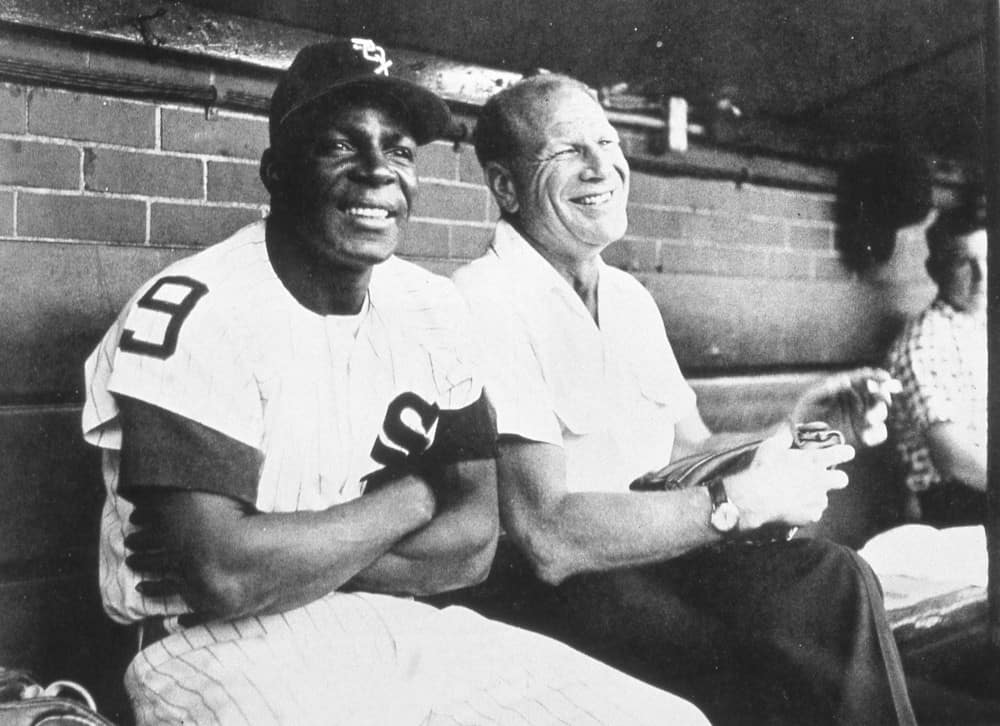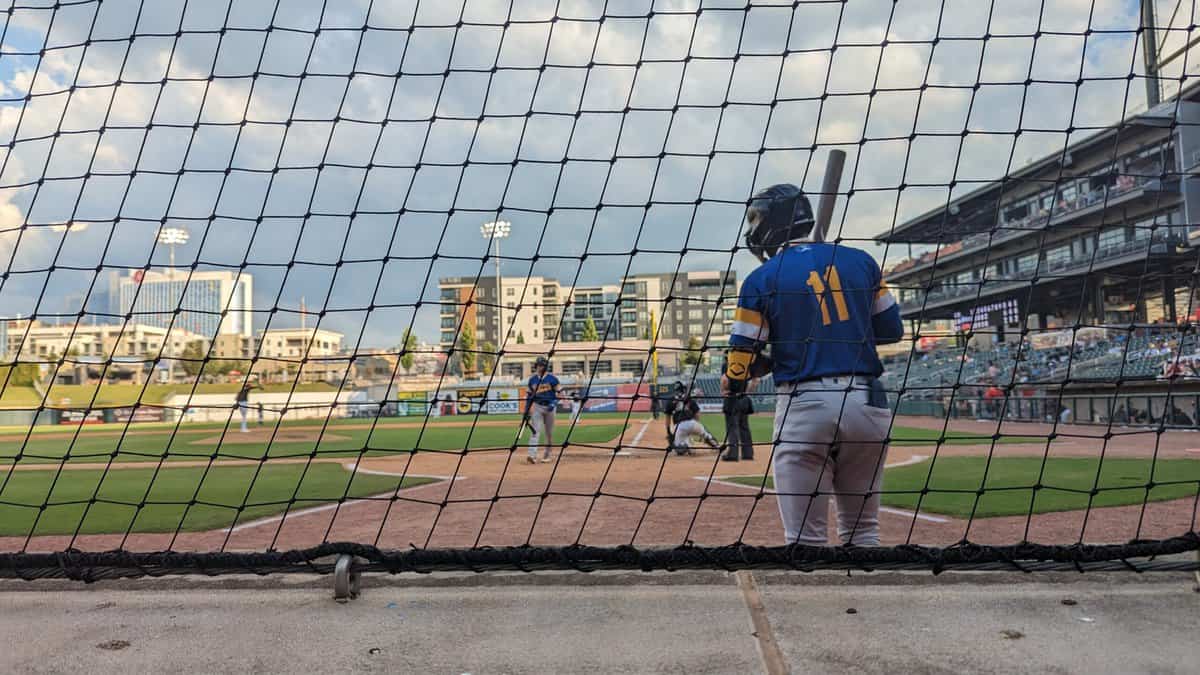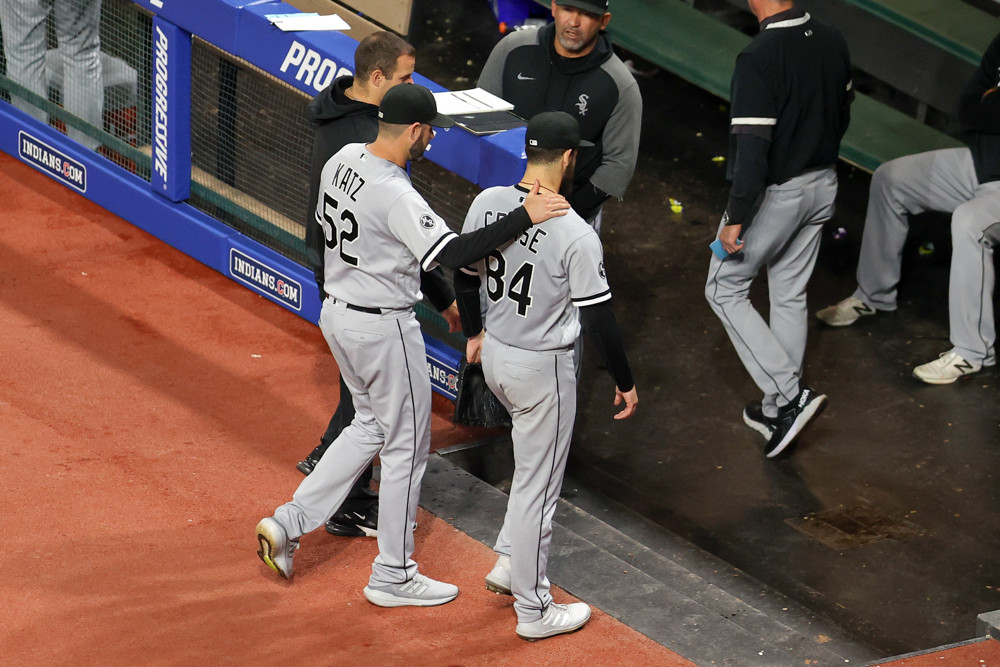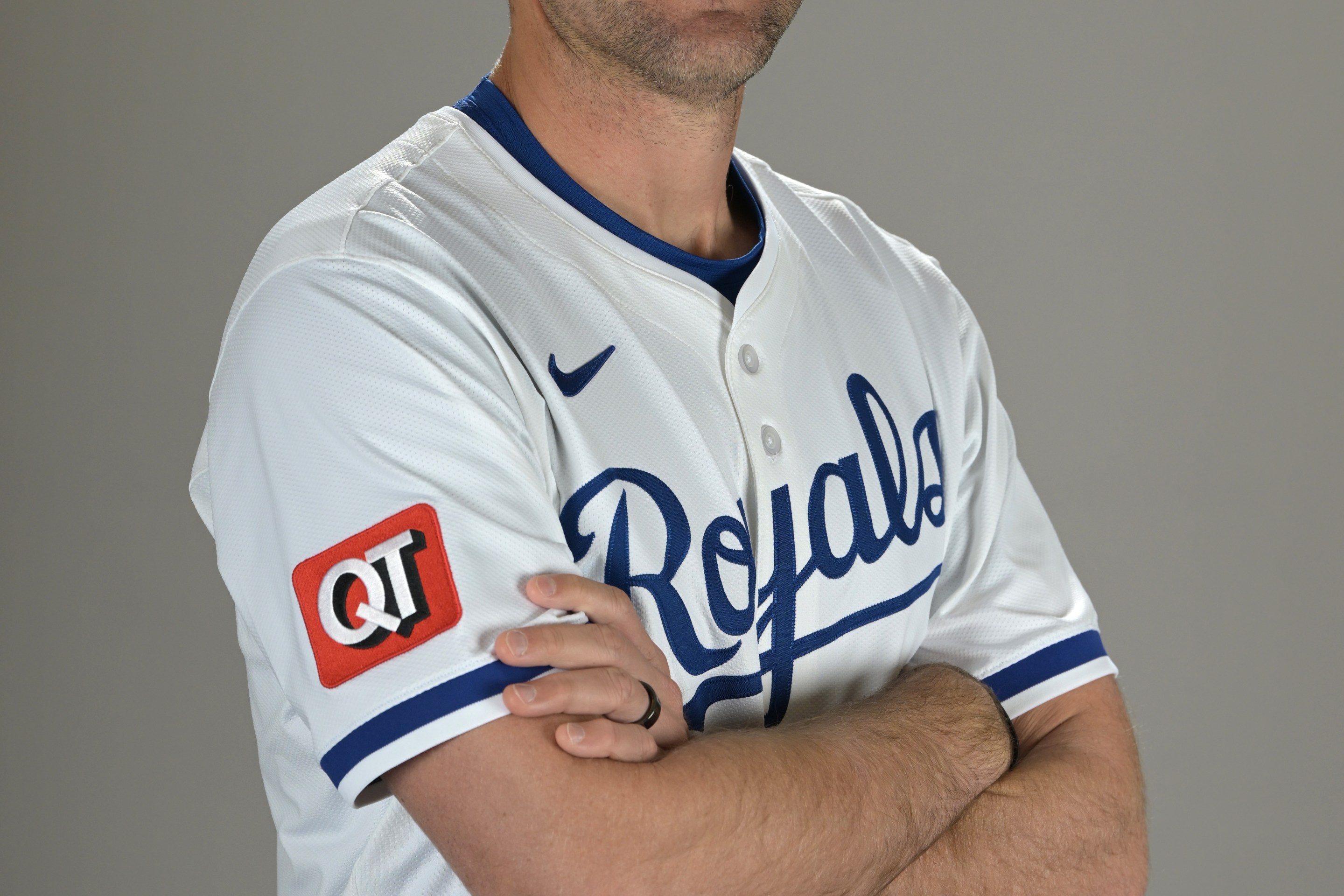July 31, 1964, lunar orbit: a turning point in the United States space program, as Ranger 7 is the first American spacecraft to successfully explore the moon (13 failed missions in a row to this point). Over 4,000 high-resolution images of the moon are sent back to earth before the craft crashes into the surface.
238, 900 miles away, Washington D.C.: the gametime temperature is a pleasant 71 degrees for the 9,585 spectators assembled to watch a Friday evening tilt between the White Sox and Senators.
*** ***
Baseball and cultural miscellany
On the radio, Rag Doll by The Four Seasons was finishing its two-week run atop the charts, before being replaced by a much more famous song (at least by today’s standards)...A Hard Day’s Night by The Beatles.
In the realm of cinema the top box office hit was Marnie, starring Sean Connery and directed by Alfred Hitchcock. This film would gross $7 million but was met with mixed reviews. Let’s check in on Edith Oliver’s review, of The New Yorker:
An idiotic and trashy movie with two terrible performances in the leading roles, and I had quite a good time watching it. There is something bracing about Hitchcock at work, even when he is at his worst.
Okay, then.
In baseball, Luke Appling and Red Faber were elected to the Hall of Fame, among others. This year would also be the final year before implementation of the amateur draft, beginning in January 1965.
A month prior to this game (June 21) Jim Bunning pitched a perfect game, good for a game score of 97.
While there were no notable births or deaths on this date in baseball history, a couple of notable births with White Sox ties from the year: Ozzie Guillen; January 20, and Kenny Williams; April 6. Some other notable births in 1964? Bret Saberhagen on April 11, Barry Larkin on April 28, Mark Grace on June 28, Barry Bonds on July 24, and Rafael Palmeiro on September 24. Not a bad class!
The Umpires
- HP: Hank Soar
Soar umpired from 1950 until 1978, appearing in five World Series and four All-Star games. Additionally, he was the first base umpire for Don Larsen’s perfect game, and for Nolan Ryan’s fourth no-hitter. Like other umpires of his day, he also had experience in the NFL, playing for the New York Giants for ten seasons.
- 1B: Nestor Chylak
The only umpire of today’s four (and just one of ten in baseball history) to be inducted into the Hall of Fame, Chylak was famed for his accuracy despite an accident while serving in World War II that nearly caused him to go blind. Chylak umped from 1954-1978, working five World Series and six All-Star games; notably, he was the Crew Chief for Cleveland’s 10-cent beer night in 1974:
- 2B: Al Salerno
Salerno worked as an umpire during the 1960s, from ‘61 to ‘68. Salerno saw Roger Maris’ 61st home run, as third base umpire, but is more known for getting fired just before the end of the 1968 season. While ostensibly it was because he was a poor umpire, it more likely had to do with his attempts at umpire unionization.
- 3B: Bill McKinley
At third is Bill McKinley, who was an umpire from 1946-1965. McKinley worked four World Series and three All-Star games, and was the first graduate of umpire school to officiate a major league game. The Hall of Fame has a recorded (though undated) interview with him here.
The Lineups
| Chicago White Sox | Washington Senators |
| Mike Hershberger, RF | Don Blasingame, 2B |
| Don Buford, 2B | Ed Brinkman, SS |
| Pete Ward, 3B | Joe Cunningham, 1B |
| Bill Skowran, 1B | Don Lock, CF |
| Gene Stephens, LF | Jim King, RF |
| Ron Hansen, SS | Don Leppert, C |
| Jim Landis, CF | John Kennedy, 3B |
| J.C. Martin, C | Fred Valentine, LF |
| Juan Pizarro, SP | Bennie Daniels, SP |
Play by Play
On the mound for Washington this evening was a right-hander out of Compton by the name of Bennie Daniels. Nearing the end of his career (he would pitch just one more season after 1964), Daniels enjoyed facing the White Sox; he pitched brilliantly against Chicago on May 16, giving up just one unearned run over 8 innings in a 3-1 victory. He would prove to be an important player later in the season, as well.
It was a fresh slate for now, though, and the White Sox were hoping to keep pace with Baltimore and New York, as they were just two games back in the standings. Chicago looked like they were cooking with gas early on: after Mike Hershberger popped up to first, Don Buford and Pete Ward both singled to put runners at first and third and just one out. Alas, Moose Skowron (just over in a trade with Washington a couple weeks prior) ground into a 5-4-3 double play to end the inning.
Starting for the White Sox was the diminutive left-hander from Puerto Rico, Juan Pizarro. Pizarro, part of a three-way trade to the Sox during the 1960 offseason, was in the best stretch of his career: back-to-back All-Star appearances in 1963 and 1964; he entered this game with a record of 13-5 and a sterling 2.34 ERA. It was a quiet first for Pizarro who looked like he had his signature fastball-curveball combination working: a flyout to center for the first out off the bat of Don Blasingame, then two strikeouts swigning with a runner reaching on an E5 sandwiched in between.
In the second, the White Sox got on the board as Daniels lost control early. Gene Stephens popped up for the first out, but Ron Hansen and Jim Landis were able to reach base via back-to-back walks. It would be the unlikeliest of hitters who would score the Sox’ first runs. J.C. Martin (known for his game-calling, not his batting; he would finish this season with a 47 OPS+, and a career 73) promptly singled to score Hansen and advance Landis to third. Then Juan Pizarro helped his own cause with a sac fly to center to score Landis and put the Sox up 2-0.
It looked as though the Senators would get at least one run back in their half of the inning. Jim King singled to lead off the inning, and Don Leppert followed that up with a double to center to put runners at second and third and nobody out. Pizarro buckled down, though: after freezing Kennedy with a curve for the first out, he whiffed both Fred Valentine and Bernie Daniels to strikeout the side and end the threat.
The third saw the Sox get another run off of Daniels. Don Buford tripled to start the inning, and after Pete Ward ground out 6-3, Moose Skowron made amends from his double play earlier: the first baseman struck a deep fly to left that scored Buford, 3-0 Sox. While the Sox would get runners to first and third after a walk and a single to Stephens and Hansen, respectively, Jim Landis struck out to conclude the inning.
By now, Pizarro was in his groove. From the third through the sixth innings, the lefty struck out five more, allowing just two singles. Washington’s pitching buckled down, too: Daniels was replaced by Don Rudolph who was more effective, allowing just two hits from the fourth through the sixth. Unfortunately for the Senators, one of those hits was a home run from Ron Hansen in the sixth, and it was the seventh where things fully unraveled.
Hershberger doubled to center to begin the inning, and Buford bunt singled to put men at first and third with nobody out. Pete Ward kept the hit parade going, singling to center to score Hershberger and Rudolph’s day was done with the Sox leading 5-0. On in relief of Rudolph was righty swingman Alan Koch to face Skowron. Moose came through once again with another sac fly, this time to right which scored Buford to put the Sox up 6-0. While Gene Stephens would walk, Koch retired the next two batters to get the game to the Senators’ half of the seventh.
The Senators continued to be stymied offensively. Three more strikeouts were recorded by Pizarro, as he got Jim King, Don Leppart, and Fred Valentine to bring his total to 13 Ks through seven. Though the White Sox made a bit of noise in both the eighth and ninth, they didn’t score additional runs, and so it was up to Pizarro to finish what he started.
While Joe Cunningham popped up in the infield for the first out, the next two batters tried to get a rally going: Don Lock walked (Pizarro’s first walk of the game) and Jim King singled to put runners at first and second with just one out. Pizarro proved to be too much, though: Don Leppert popped up to second, then Kennedy struck out for the final out and Pizarro’s fourteenth K. The White Sox won, 6-0, and Pizarro got his league-leading 14th win of the season.
This was the eighth time in White Sox history an individual pitcher struck out at least 14 batters in one game. The White Sox wouldn’t have another 14K+ performance for nearly 30 years, when Jason Bere did it in a 1-0 victory over Oakland on June 13, 1994. Until Reynaldo Lopez accomplished the feat last Sunday, only Chris Sale had done that for the team since Bere, in seven different outings.
*** ***
For the Senators, this was just another loss in a 100-loss season that saw them finish in second-to-last place. Unfortunately for the relatively-recent expansion team in our nation’s capital, this was to be par for the course. The Senators only had one winning season during their D.C. tenure, going 86-76 in their 1969 campaign and netting them fourth place. The 1972 season would seem them relocated to Texas and Arlington Stadium.
As for the White Sox, they came oh-so-close to winning the American League pennant, finishing 98-64 and just one game back of the Yankees. Bennie Daniels played a large role as spoiler: facing them on September 7 and again on September 19 he would shut them out both times, bringing his career line against the Sox to: 7-8, 2.77 ERA over 110 ⅔ IP. The Sox would enjoy several more winning seasons before the 95-loss 1968 season. Ah, what might have been.
Random Box Score White Sox record: 11-5
Sources Consulted
- Baseball Reference
- Baseball Hall of Fame
- Billboard Hot 100
- Historic New York Times
- IMDB
- NASA/Jet Propulsion Laboratory
- New Yorker
- Playback.Fm
- SABR
- Weather Underground






